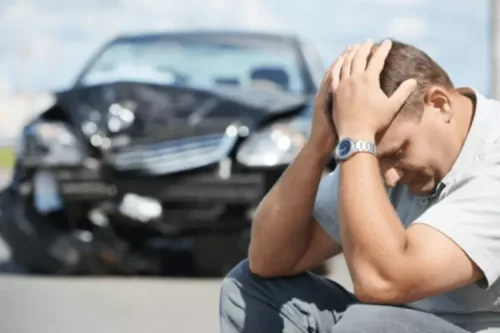
Fear, guilt, shame, anger and depression are common internal triggers. If you feel criticized or belittled, you might want to turn to substances to numb those feelings or push them aside. External triggers are factors outside of yourself that make you want to use drugs. These triggers may involve people who influence cravings, such as drug dealers, coworkers, friends, spouses, partners and employers.
- In addition, support groups can offer a safe space to share experiences and learn from others who are dealing with similar challenges.
- At its core, a trigger is any stimulus, event, or situation that evokes a specific reaction, be it a memory, feeling, or the urge to indulge in an addictive behavior.
- When you are exposed to a potential trigger, the cravings will pass within a few hours if you resist the urge to relapse.
- Addiction is often the result of those with mental illness self-medicating to reduce the severity or frequency of the symptoms of that mental illness.
Specific Guides
As a result, individuals with unchecked triggers can cope in harmful ways, foster unhealthy relationships, and endure much suffering. Being able to identify triggers and utilize coping strategies are two beneficial ways to handle triggers and stay strong in your recovery. If you do relapse because of your triggers, using substances can be deadly.
The Influence of Environment and Situations
Often, relapse will be preceded by a trigger that causes someone to start thinking about relapsing or creates a craving for a substance that was previously used. These triggers can be difficult to recognize and can completely disrupt a recovery if they lead to relapse. Recognition and avoidance of potentialtriggerswill be a key part of any recovery process.
- A relapse trigger is a situation—environmental, emotional, social—that drags up memories of past drug or alcohol use.
- Recognizing and understanding both types of triggers can significantly enhance an individual’s recovery progress and help prevent relapses.
- Internal triggers can evoke a wide array of emotions, including stress, anxiety, depression, and even trauma, which can increase the risk of relapse.
- This is because there is usually an abundance of drugs and alcohol in these places.
Stress Increases Vulnerability to Triggers and Relapse
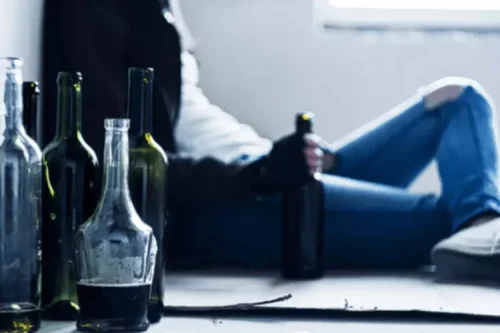
Triggers are social, environmental or emotional situations that remind people in recovery of their past drug or alcohol use. While triggers do not force a person to use drugs, they increase the likelihood of drug use. The National Institute on Drug Abuse (NIDA) reports that 40 to 60 percent of people treated for substance use disorders relapse. Positive feelings are also relapse triggers for people in recovery.
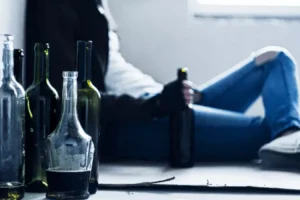
They are ashamed of the last time they relapsed and may have developed negative behaviors to cope with their thoughts. This state of mind is dangerous because it encourages bad health practices that can eventually lead to a full-blown relapse. Although external ones are often powerful, many times they are avoidable. An individual usually has some control over external addiction triggers. For example, they can end relationships with certain people, purposefully avoid certain places, or not attend an event where a particular person will be.
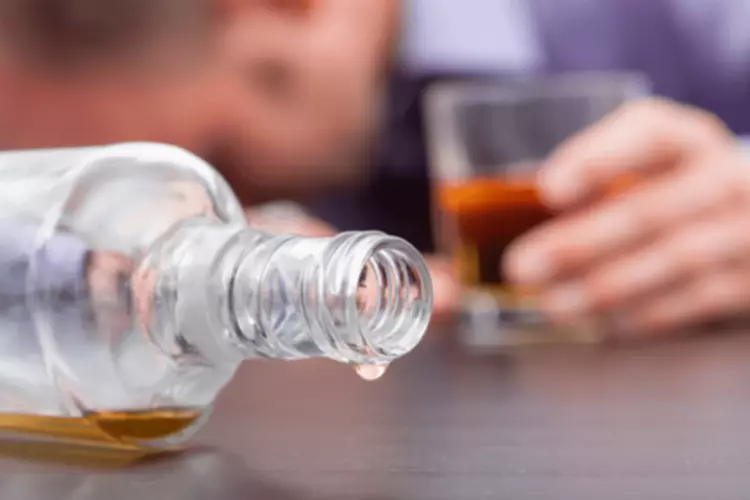
Additionally, individuals who suffer chemical use disorders can find help to decrease the risk of a relapse. Cognitive behavioral therapy to help individuals control their impulses, which can lower compulsions. An addiction trigger is any stimulus that causes an urge or craving to use substances. These triggers can be emotional, environmental, or social and may vary greatly from person to person. Understanding heroin addiction the difference between internal and external triggers helps you build stronger defenses against relapse and maintain long-term sobriety.
- Avoiding external triggers may involve ending some past friendships.
- Friends and family may not understand the consequences of negative behaviors toward people in recovery.
- Developing an understanding of these external triggers and learning effective strategies to cope with them is essential in preventing relapses.
- Whether you’re struggling with internal emotions or external influences, Rockland Treatment Center is here to support you every step of the way.
- If you or a loved one needs support in managing addiction triggers or is seeking treatment for addiction, contact Rockland Treatment Center today.
- If you or someone you know may need help dealing with triggers, Agape offers an environment focused on recovery.
Triggers can be people, scents, places, harmful substances, or anything else that serves as reminders for intense or distracting emotions. Oftentimes, triggers are reminders that put people in a mental and emotional place of distress, pain, anger, frustration, and other strong emotions. In the case of addiction and recovery, triggers are often some sort of internal or external stimulus that causes https://ecosoberhouse.com/ the former addict to desire to use drugs or alcohol again. The most effective way to address relapse triggers is through a comprehensive approach that addresses both internal and external triggers. Developing coping strategies for emotional factors and skills to navigate environmental triggers is crucial.
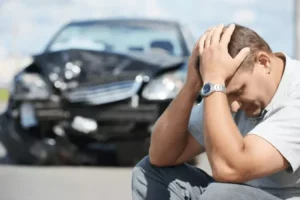
Internal and external triggers are the factors that can induce an individual to want to use or otherwise create a temptation in them to use their drug of choice again. A relapse trigger is a situation—environmental, emotional, social—that drags up memories of past drug or alcohol use. Triggers do not necessarily lead to relapse, but they do make it harder to resist substances because of the cravings they produce. This is why it’s so important to recognize your triggers and have healthy ways to cope. One reason is that it can be difficult to avoid social pressure in these settings.
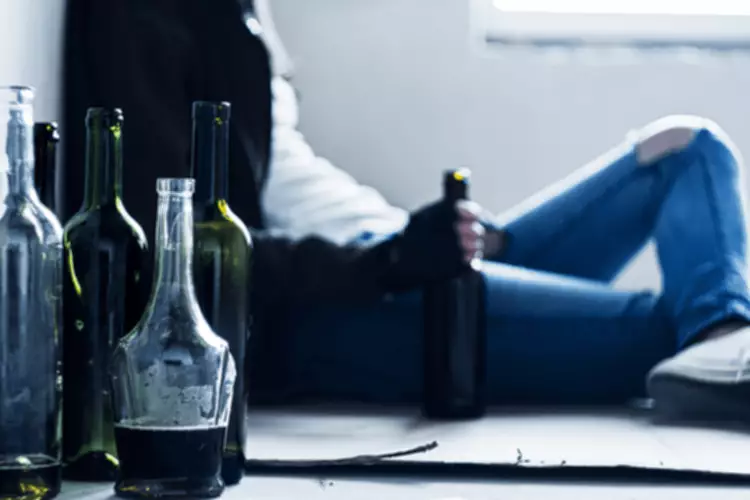
Our compassionate team is here to answer internal and external triggers your questions, provide support, and guide you through the admissions process. Contact a treatment provider today to find your way to peace and sobriety. Yet, the person who is new to recovery must think of themselves first. We provide you with the resources and support you need for a successful recovery that helps you now and throughout your entire life.